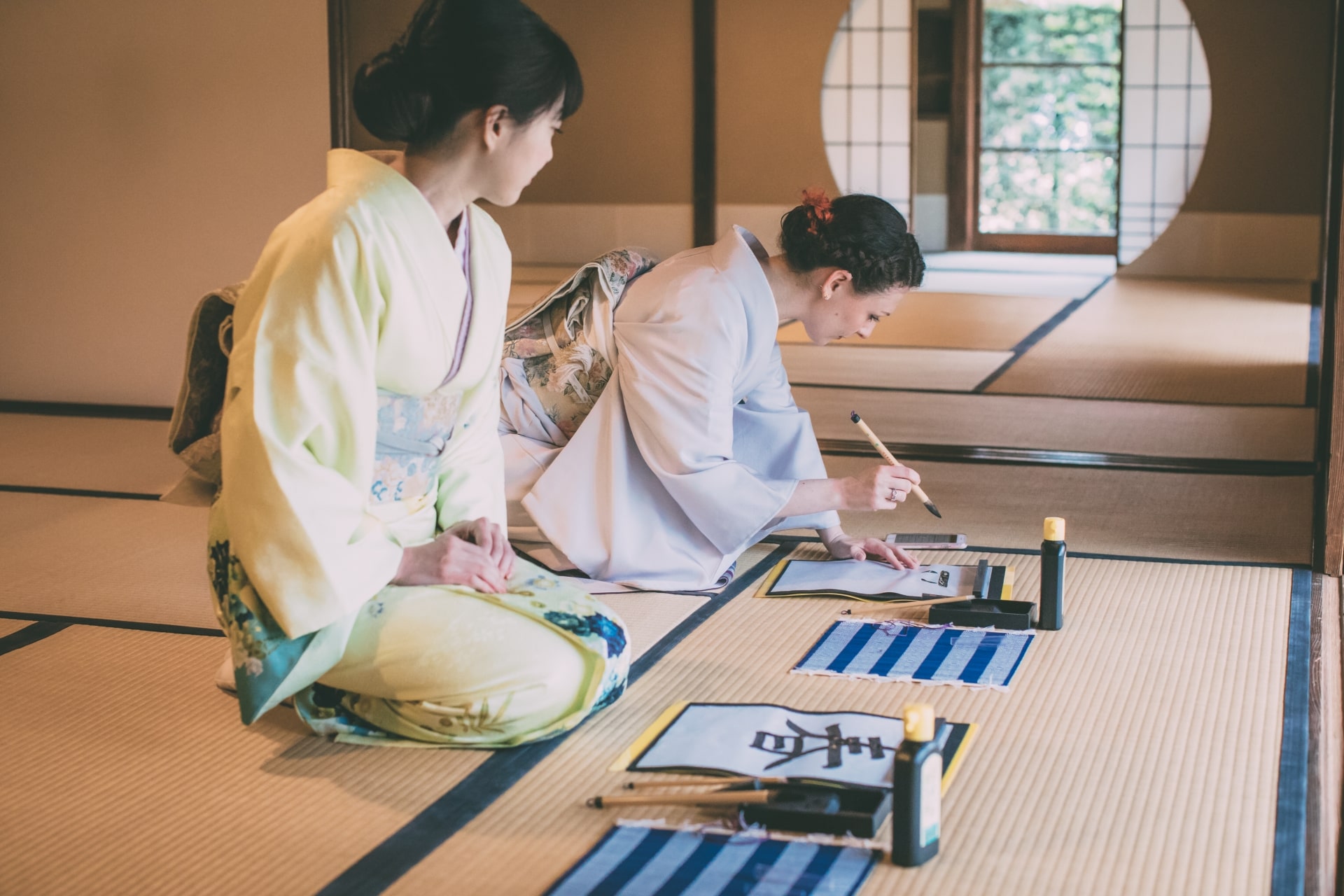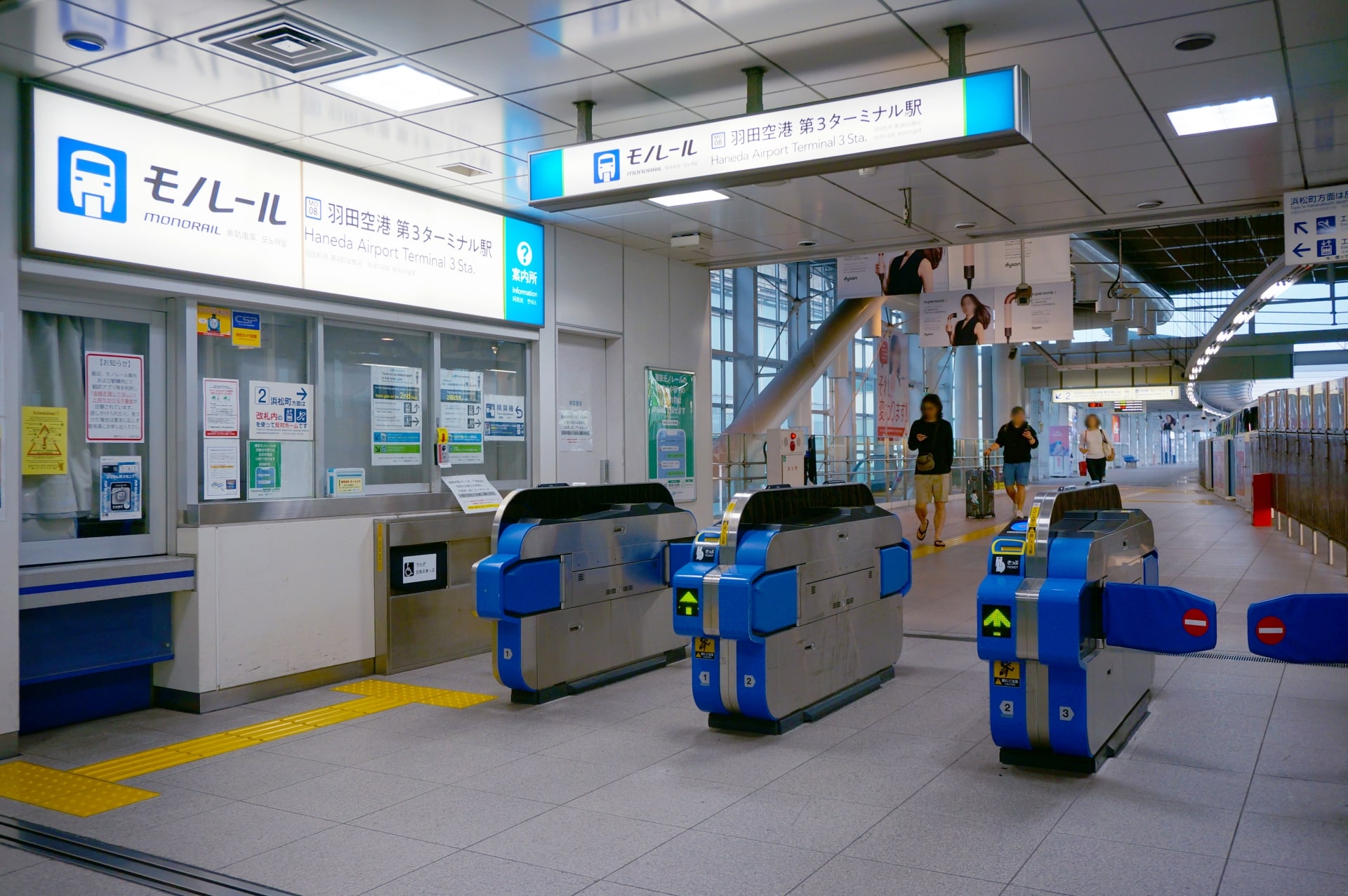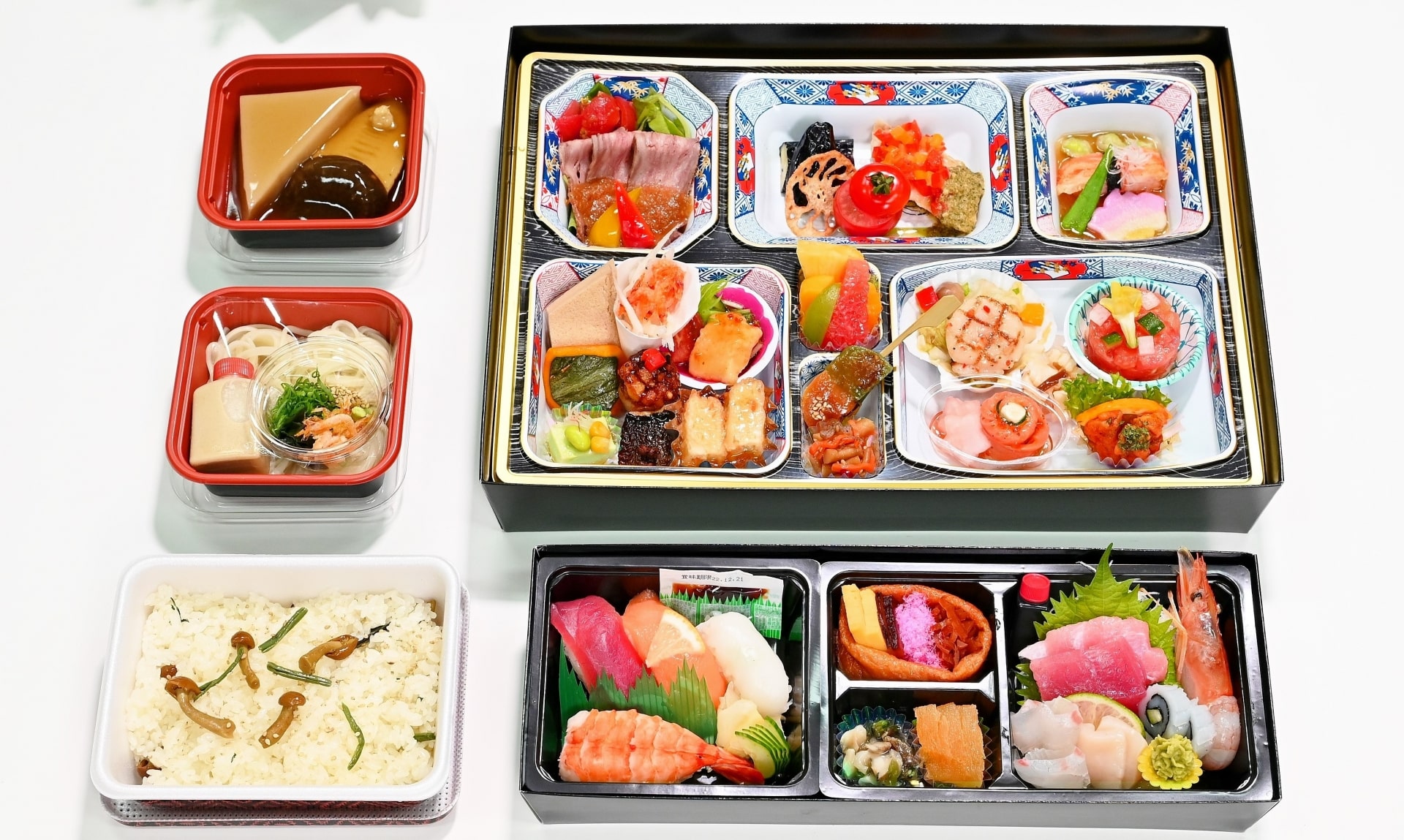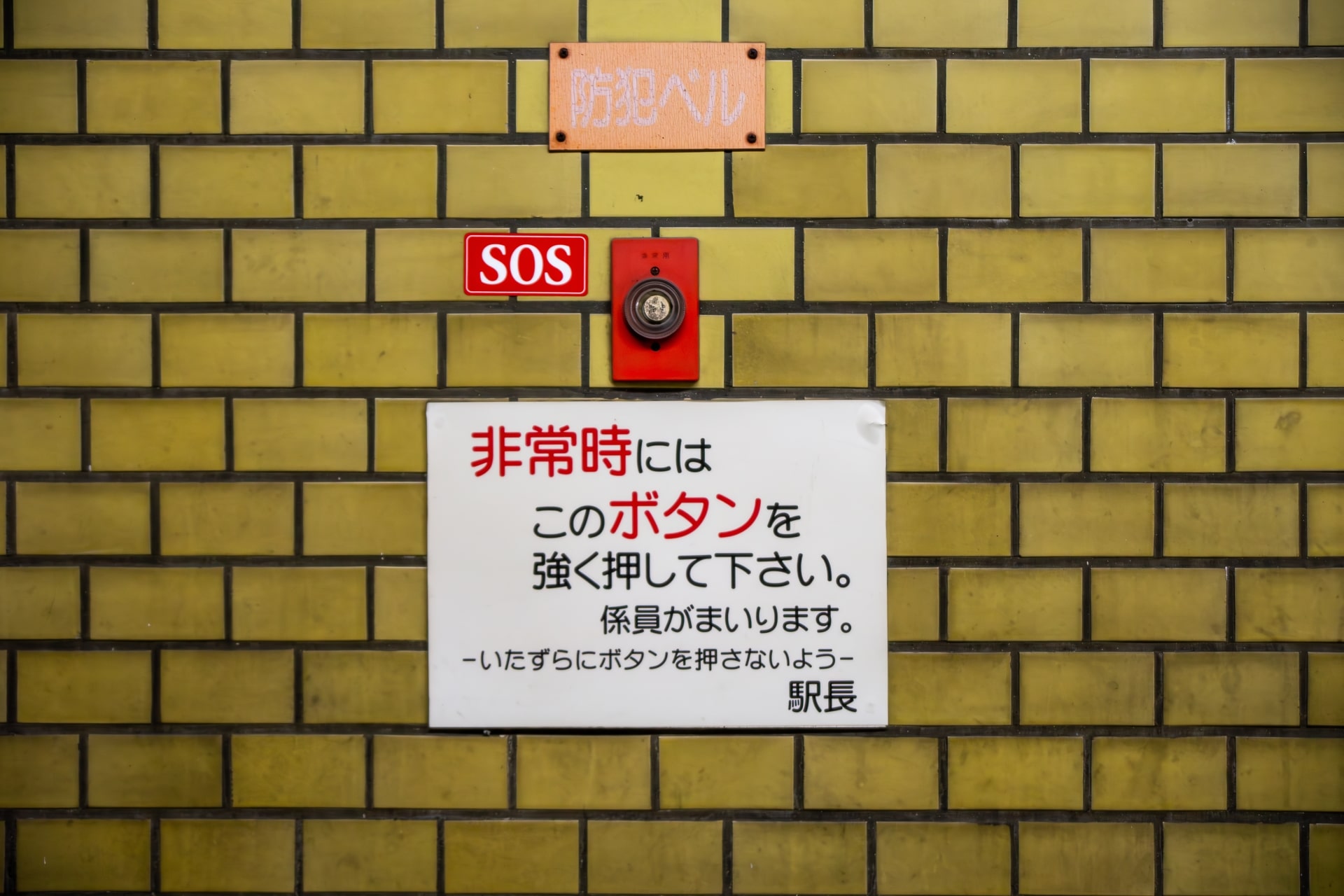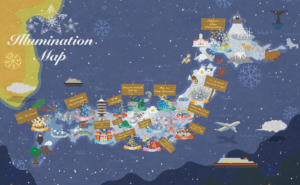Why You Should Learn Basic Japanese Before Traveling to Japan
Transform Your Japan Adventure: How a Little Japanese Can Go a Long Way

Japan’s rich culture and distinctive customs make it an exciting destination for travelers, but with a language as unique as Japanese, the experience can be even more rewarding. Japan’s cities, historic sites, and everyday moments offer countless chances to experience its traditions and unique sense of respect. But for those unfamiliar with the language, these moments can sometimes feel just out of reach.
Learning a few key Japanese phrases might seem daunting at first, yet it can transform your journey by breaking down barriers and building connections. Learning a bit of Japanese, with the help of native Japanese language tutors or even by yourself, can make everyday tasks, like ordering food or finding your way around, feel much more approachable.
To illustrate this, here are ten reasons why picking up some basic Japanese before you go could truly enrich your time in Japan:
1. Enhanced Cultural Immersion
Learning basic Japanese opens doors and creates moments of connection that go beyond language. Locals often appreciate even the smallest effort to communicate in Japanese, and a simple greeting or polite phrase can lead to surprisingly warm exchanges.
Understanding bits of conversations or simple gestures also gives insight into Japanese customs, like bowing as a form of respect or the courteous phrases exchanged before and after meals. These small efforts can make you feel part of the experience rather than just an observer, giving your travels a deeper, more personal meaning.
2. Smoother Interactions
Basic phrases like “konnichiwa” (hello), “arigatou” (thank you), and “onegaishimasu” (please) can make daily interactions with locals smoother and more enjoyable. When you know a few polite words, ordering at a café, asking for directions, or checking into a hotel becomes less stressful and more engaging.
Japanese culture highly values politeness, and using these words signals your respect and goodwill. Knowing just a few phrases can also help you handle minor requests, making day-to-day interactions more pleasant and bridging the language gap in a friendly, approachable way.
3. Avoiding Misunderstandings
Misunderstandings are bound to happen when language barriers exist, and Japan’s unique customs can sometimes add an extra layer of complexity. For example, certain Japanese phrases or gestures can carry meanings that might seem unfamiliar to visitors. Learning the basics helps reduce these chances for confusion, allowing you to navigate situations with confidence.
Plus, you’ll sidestep some common rookie mistakes, like saying “irasshaimase” back to shop staff, a phrase meant to welcome customers, not for customers to say in response. A little language knowledge goes a long way in ensuring you’re understood and that you’re communicating respectfully.
4. Gaining Respect from Locals
Making an effort to learn the language, even just a few basics, shows locals that you’re genuinely interested in their culture. In Japan, respect and politeness are cornerstones of social interaction, and a simple greeting or attempt to speak Japanese often resonates well. Locals appreciate visitors who take the time to engage, even if it’s just saying “sumimasen” (excuse me) or “arigatou” (thank you).
This can lead to more welcoming interactions and even make people more willing to help. The effort reflects your respect for Japan’s culture, often making for memorable experiences that go beyond the typical tourist encounters.
5. Discovering Hidden Gems
One of the joys of traveling is finding those unexpected places likebbquirky shops, cozy cafés, or quiet shrines that aren’t listed in guidebooks. Basic Japanese can open doors to these hidden spots, as you’ll be able to interact with local shop owners, street vendors, or taxi drivers who may not speak English but have excellent local tips.
Sometimes, just a friendly exchange with a local can lead you to places off the beaten path that tourists rarely find. By breaking down the language barrier, you might discover a side of Japan that’s uniquely your own.
Also, be sure to check our Hidden Gems Guide!
6. Enjoying Public Transportation
Japan’s public transportation system is known for being efficient but can be daunting to newcomers, especially in major cities like Tokyo. Understanding basic Japanese terms and recognizing key kanji characters can be a huge help. While most train/subway lines have English signage, smaller stations or rural areas may not, and announcements might be only in Japanese.
Knowing the basics makes it much easier to get around confidently, whether you’re figuring out which platform to stand on or which exit to take. With a bit of Japanese, navigating the train system becomes far less intimidating and lets you travel like a pro.
And since we’re at it, check our Japan Transportation Guide!
7. Savoring Local Cuisine
Japan’s food scene is a major highlight for travelers, but menus are often in Japanese, especially outside major cities. A basic understanding of food-related phrases or common dishes can make dining a much smoother experience. You’ll be able to read or recognize certain ingredients, ask about dietary preferences, or simply order with confidence.
This not only enhances your dining experience but also lets you explore new dishes you might otherwise overlook. When you can ask questions or understand descriptions, you get to savor the authentic flavors of Japan, without the guesswork!
8. Shopping Experience
Shopping in Japan is a fun and valuable experience, where we can find small treasures from traditional markets or the latest trendy items in modern department stores. Basic Japanese can be invaluable here, helping you ask about prices, inquire about sizes, or understand store policies on returns and payments.
Many shops, especially in local markets or smaller towns, most likely won’t have English-speaking staff, so knowing a few key phrases can make a difference. With just a little Japanese, you can shop more comfortably, feel like a local, and even get better insights into what you’re buying. Plus, knowing how to ask simple questions lets you enjoy the experience without feeling lost in translation.
9. Emergency Situations
No one likes to think about emergencies while on holidays, until the unlikely happens. Being prepared is always wise, especially in a foreign country, so basic Japanese will be incredibly helpful in unexpected situations, like needing directions to a hospital, explaining a health issue, or understanding instructions during a natural disaster.
Japan is known for its earthquake preparedness, but emergency announcements typically tend to be only in Japanese. Even knowing a few phrases related to health or safety can make a big difference, ensuring you can communicate your needs clearly. In a crisis, a little language knowledge goes a long way toward staying safe and calm.
10. Personal Growth and Satisfaction
Learning a new language is an accomplishment that brings a unique sense of satisfaction. Even with just a few basic phrases, navigating Japan can feel less daunting, boosting your confidence as you go. This experience will make your trip easier, and in doing so, will also enrich your personal journey, gaining a skill that stays with you.
Engaging with a new language is also good for cognitive growth, keeping your mind active and adaptable. By learning Japanese, you’re not only enhancing your trip but also opening yourself up to a rewarding challenge with benefits that extend well beyond your travels.
Private Japanese Lessons at Japademy
Japademy offers personalized Japanese language lessons designed to fit each student’s unique learning goals and pace. These private lessons connect you with native Japanese-speaking instructors who bring years of teaching experience and cultural knowledge to each session.
Japademy’s instructors work closely with students, offering one-on-one guidance in language skills and insights into Japanese culture.
Originally founded in Melbourne and now based in Calgary, Japademy is known for its engaging, culturally enriching approach, making it popular among learners from Australia, Canada, and the USA.
With these private lessons, you’ll be able to confidently navigate Japan’s language and customs, helping you make the most of your travel experiences!
▽Subscribe to our free news magazine!▽
Ready to start your Japanese language journey? Here you’ll find more information about learning Japanese:
▽Related Articles▽
▼Editor’s Picks▼
Written by
Photographer, journalist, and avid urban cyclist, making sense of Japan since 2017. I was born in Caracas and lived for 14 years in Barcelona before moving to Tokyo. Currently working towards my goal of visiting every prefecture in Japan, I hope to share with readers the everlasting joy of discovery and the neverending urge to keep exploring.





